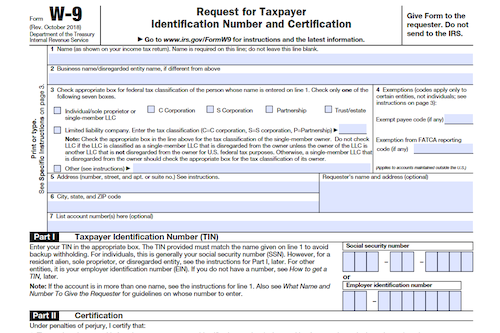Form 8820 is used to figure and claim the orphan drug credit, which is 25% of qualified clinical testing expenses paid or incurred. The credit is available to taxpayers for testing drugs for rare diseases or conditions, and the instructions on this document include definitions of “qualified clinical testing expenses” and “clinical testing,” as well as information on credits related to controlled groups and the election for a reduced credit.
What is Form 8820?
Form 8820 allows the taxpayer to figure and claim the orphan drug credit (25% of qualified clinical testing expenses incurred during the tax year). Qualified clinical testing expenses typically describe expenses that would be qualified research expenses under section 41, modified to include 100% of research expenses and exclude any expenses funded by the government. Clinical testing must be related to a rare disease or condition that affects 200,000 or fewer persons in the U.S. or more than 200,000 persons in the U.S. with no reasonable expectation of recovering the costs from drug sales. The credit is determined on a proportionate basis for members of a controlled group of corporations or group of businesses under common control. Alternatively, the taxpayer may elect the reduced credit under section 280C.
IRS Form 8820 – Who Needs to Fill It Out?
IRS Form 8820 is for taxpayers who are looking to claim the orphan drug credit, and the associated reduced credit election under section 280C. It should be completed by partnerships, S corporations, estates, or trusts with qualified clinical testing expenses paid or incurred during the tax year. For taxpayers not part of these groups, their credit may be reported directly on Form 3800. The credit is 25% of qualified clinical testing expenses described as qualified research expenses under section 41, and members of a controlled group must report their share of the aggregate clinical testing expenses on line 2a with an attached statement. They must also meet four conditions of clinical testing related to the rare disease or condition for which the drug was designated. If the requirements of this form are not met, the credit cannot be claimed.
Step-by-Step: Form 8820 Instructions For Filling Out the Document
Before attempting to fill out Form 8820, taxpayers should carefully review the instructions for the purpose of the form, definitions, and items not eligible for the credit. Form 8820 is used to figure and claim the orphan drug credit and to make the election for the reduced credit under section 280C. Qualified clinical testing expenses, which are defined as regular qualified research expenses with two modifications, and clinical testing must meet all four conditions defined by the Internal Revenue Code. A rare disease or condition must affect fewer than 200,000 people in the U.S., and care must be taken to ensure costs are not funded by a grant or other form of assistance. In addition, it is important to note that clinical testing outside the U.S. is only eligible for the orphan drug credit if there is an insufficient U.S. testing population. Finally, members of controlled groups or businesses under common control must determine their share of the aggregate clinical testing expenses taken into account by the group, which is then entered on line 2a.
Below, we present a table that will help you understand how to fill out Form 8820.
| Information Required for Form 8820 | Details |
|---|---|
| Form Purpose | Figure and claim the orphan drug credit, make the election for the reduced credit under section 280C. |
| Qualifications | Ensure qualified clinical testing expenses meet specified conditions. |
Do You Need to File Form 8820 Each Year?
Yes – Form 8820 must be filed each year to figure and claim the orphan drug credit, and to elect the reduced credit under section 280C. Taxpayers who are not partnerships, S corporations, estates, or trusts, and get the credit only from those pass-through entities, can report the credit directly on Form 3800. Qualified clinical testing expenses eligible for the credit include amounts paid or incurred by the taxpayer that would be described as qualified research expenses under section 41. If members of a controlled group or a business are under common control, the credit must be determined on a proportionate basis to their share of the aggregate costs, and the common parent can make the election on behalf of the members of a consolidated group.
Download the official IRS Form 8820 PDF
On the official IRS website, you will find a link to download Form 8820. However, to make it easier for you, we are providing the link in our article, which comes directly from the official irs.gov website! Click to download: Form 8820
Sources:




